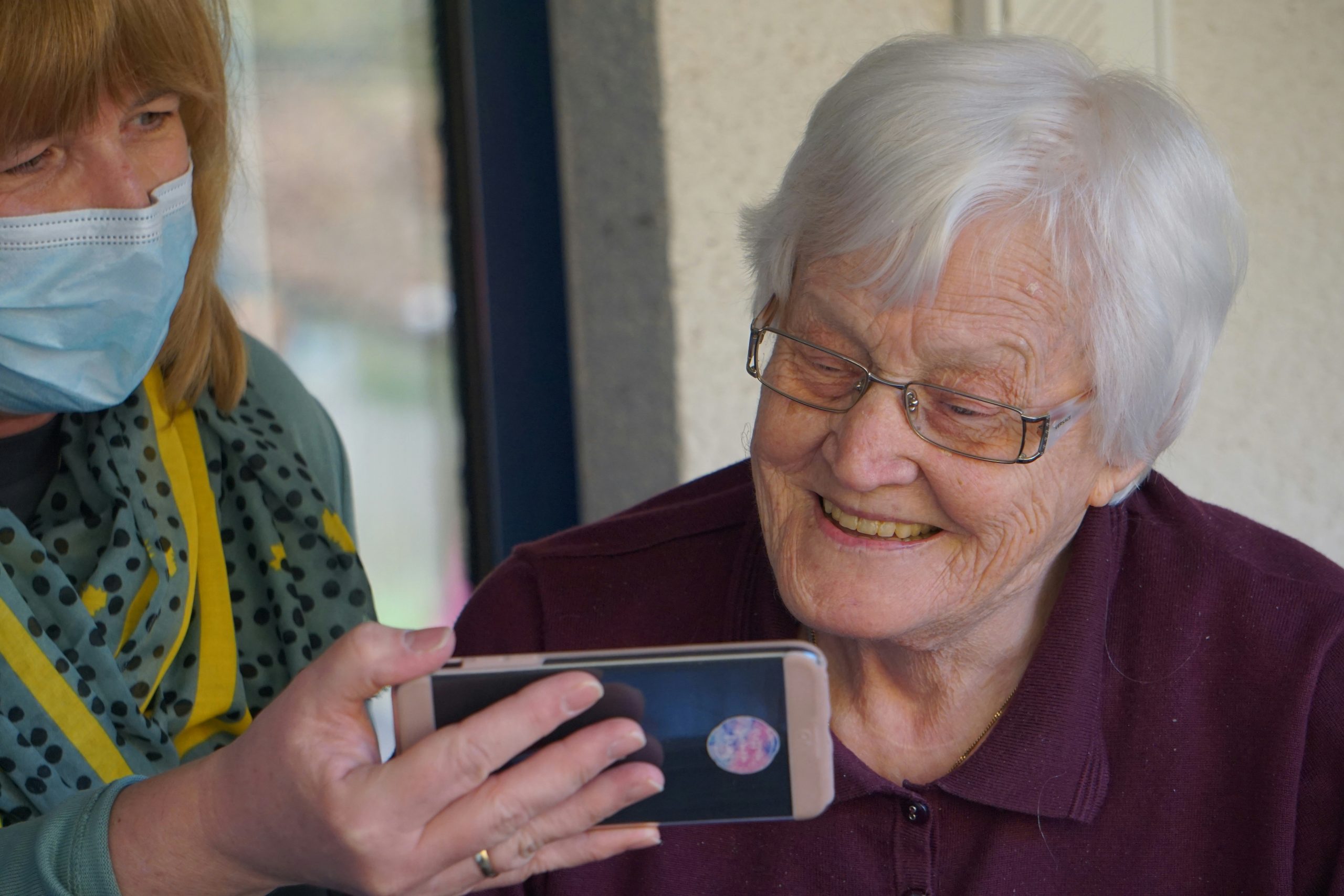Establishing Consistent Care: A Step Forward With the UK’s Adult Social Care Record (MODS)
by Adam Milward , March 27th, 2024
In the complex web of healthcare, adult social care stands as a vital but often under-recognised sector, touched by the lives of millions daily. The United Kingdom, a global leader in health standards, has embarked on an initiative that could revolutionise data practices in adult social care. The Adult Social Care Record (MODS) — a minimum operational data standard — has been unveiled with lofty promises of streamlining operations, enhancing care quality, and fostering a more connected network across the social care landscape.
The MODS initiative is an ambitious step forward in consolidating and structuring the vast amounts of data generated within adult social care settings. In this exploration, we will dissect the MODS architecture and understand how it’s poised to redefine the social care domain, from data management to the very delivery of services.
A Standardised Framework for Social Care Data Management
The Necessity of Uniform Data Collection
Tucked within the mission of MODS is the establishment of a common language, a fundamental framework for data gathering that transcends organisational silos. For the first time in the UK’s adult social care sector, care providers are presented with a blueprint — a standardised set of minimum data elements — designed to capture the richness of patient care interactions without the looming threat of unstructured or ‘unfit for sharing’ data.
The directive behind the creation of MODS is clear — to create a consistent approach to data collection that is both comprehensive and applicable across various care scenarios. Doing so not only improves the quality and reliability of the data but also ensures that the insights gleaned from this data are universally beneficial and actionable.
Capitalising on Standardised Data Formats
The case for standardisation cannot be overstated. With MODS, providers are encouraged to adopt standardised data formats, a move that can catalyse efficiency and care transparency. Deploying a unified system reduces the risk of data loss in translation when disparate systems attempt to communicate, and facilitates a more coherent landscape for data exchange between care providers, the NHS, and various stakeholders.
The inbuilt ‘common glue’ within MODS-compliant systems enables the seamless interplay of data, promising more timely and unified care plans across multiple providers for each individual under social care, regardless of the geographic boundaries and operational independencies of the providers.
The Journey to Regulated, Systematised Data Integration
Compliant With Regulatory Demands and Best Practices
Regulation is the lodestar that guides the ship of MODS. This data standard is not simply a technological mandate but a reflection of best practice and regulatory expectation. Through compliance with MODS, providers stand to streamline their adherence to regulatory standards, including the Care Quality Commission (CQC) requirements.
In an industry burdened by administrative complexities, MODS provides a beacon for best practice, signalling to care providers areas where data management can be enhanced to meet the highest standards of quality and accuracy.
Minimising the Administrative Quagmire
With a minimum operational data standard in place, MODS also seeks to alleviate the significant administrative burden that comes with the territory of social care. The reduction of repetitive data entry not only liberates professionals’ time but also safeguards against the propagation of errors that can arise from multiple data handling instances.
For care providers, the MODS initiative is a call to efficiency, promoting smart data management that focuses on outcomes rather than onerous administration. By eliminating unnecessary administrative tasks, the sector can redirect its attention toward the improvement of patient services and staff morale. This virtuous cycle of enhanced service delivery and improved staff satisfaction can be readily achieved with the adoption of MODS.
Synergizing With Broader Healthcare Standards
The MODS blueprint has been designed to intersect with the broader healthcare standards, promoting a global understanding of patient care data. Its alignment with standards like the NHS Data Dictionary, PRSB Core Information Model and Contsys ensures that MODS isn’t an isolated endeavour but rather a cog in the larger machinery of healthcare data management.
This synchronisation fosters an ecosystem where patient data moves fluidly and safely, unfettered by stringent system gatekeepers. The promise of MODS lies not just in the internal efficiencies it can generate, but in its capacity to merge seamlessly with wider health and care data initiatives.
The Potential for Interoperability
However, perhaps the greatest potential benefit that MODS promises is its facilitation of data interoperability. As each care provider adopts the same operational data standard, compatibility between systems becomes possible, promoting seamless integration among different providers.
Crafting a Specialised Model for Social Care
Refined Data Model for Complex Care Interactions
The creation of MODS is, at its core, a bespoke effort for the adult social care domain. Encoded within its framework are not just the general elements of care, but also the specific nuances of social care delivery. With a focused lens on social care requirements, MODS offers a more nuanced and detailed data model that mirrors the complexities of care interactions while ensuring alignment to the broader health and care data landscape.
This specialised approach to data modeling is key for the social care sector, where the multidimensionality of patient needs and care provision demands a granular yet adaptable data scheme.
Paving the Way for Technological Integration and Advanced Care
MODS isn’t merely an artifact of the digital age; it’s a harbinger of future possibilities. By setting a gold standard for data management within the MODS framework, the initiative paves the way for greater integration of technology in social care. The focus on assistive technology and its seamless integration with care records further reiterates MODS’ forward-looking vision of care.
Care providers and suppliers, in adhering to MODS, open the door to a world of data-driven insights and innovations. The potential for predictive analytics, personalised care pathways, and holistic service provision through a harmonised, mutually intelligible data trove is tantalisingly close with MODS at the helm.
Conclusion
The launch of the Adult Social Care Record (MODS) represents a paradigm shift in the approach to data management within the UK’s adult social care domain. It’s a commitment to precision, transparency, and harmonisation in an industry vastly significant but perennially challenging. With its promise of a connected care landscape and its potential to fuel innovations, MODS is more than a data standard — it’s a testament to the social care sector’s resilience and adaptability.
For care professionals, providers, and technology vendors, the path forward is clear — the adoption of MODS is more than a compliance exercise; it’s an opportunity to bring about significant, positive changes in the lives of the vulnerable and in the social care ecosystem at large. In joining forces with this initiative, stakeholders not only future-proof their operations but stand to gain immensely from a more integrated, efficient, and compassionate approach to social care management. The plaque laid by MODS in the halls of health history is not just a triumph of data standardisation — it is the beginning of a new care narrative, one marked by its coherence, its quality, and its unwavering dedication to the individuals it serves.



